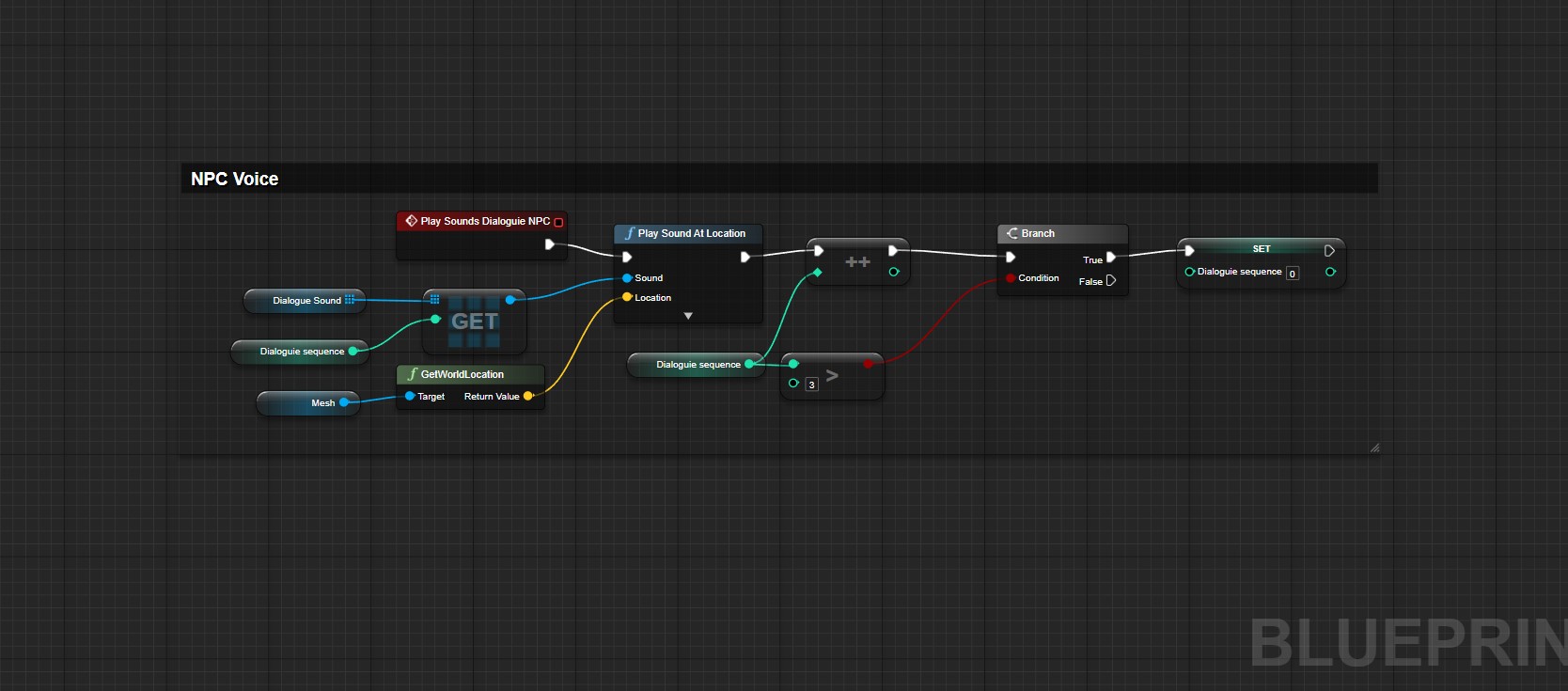The traditional finance (TradFi) sector has made a bold appeal to the heart of the nation’s crypto policy framework, calling for the inclusion of federal banking agencies within the President’s Working Group (PWG) on digital assets. This move, spearheaded by key financial associations such as the American Bankers Association and the Securities Industry and Financial Markets Association (Sifma), underscores the critical role banks play in the evolving digital economy.
In a comprehensive letter penned to the White House’s crypto czar, David Sacks, these financial powerhouses urge a rethink of current regulations that they believe stifle the involvement of banks in the crypto realm. The groups argue that bureaucratic hurdles, especially those mandating exhaustive approval procedures for crypto-related activities, hamper the U.S.’s ability to cement a leadership role in the global digital assets ecosystem.
The letter highlights a pressing need for the PWG to include federal regulatory bodies, citing their strategic importance in devising a robust, comprehensive digital asset framework that benefits all market participants. As the finance world is increasingly entwined with blockchain innovations and digital currencies, the associations stress that federal involvement is pivotal in maintaining the U.S.’s competitive edge against international counterparts, which often face fewer regulatory constraints.
This call to action comes amid growing recognition of digital assets as a cornerstone for future economic growth and innovation. Federal banking agencies, according to the TradFi network, are integral in ensuring that the executive order’s objectives—to responsibly promote the growth and integration of digital assets—are effectively met.
The financial sector’s unified voice could signal a turning point in digital asset regulation, balancing the need for innovation with essential oversight. This step, they argue, is not just a regulatory tweak, but a potential game-changer in elevating the United States to a dominant position in the digital finance landscape. As the dialogue between traditional finance and digital pioneers continues, the inclusion of federal banking agencies might be the key to unlocking a future where financial stability and technological advancement go hand in hand.





















































